541 episodes
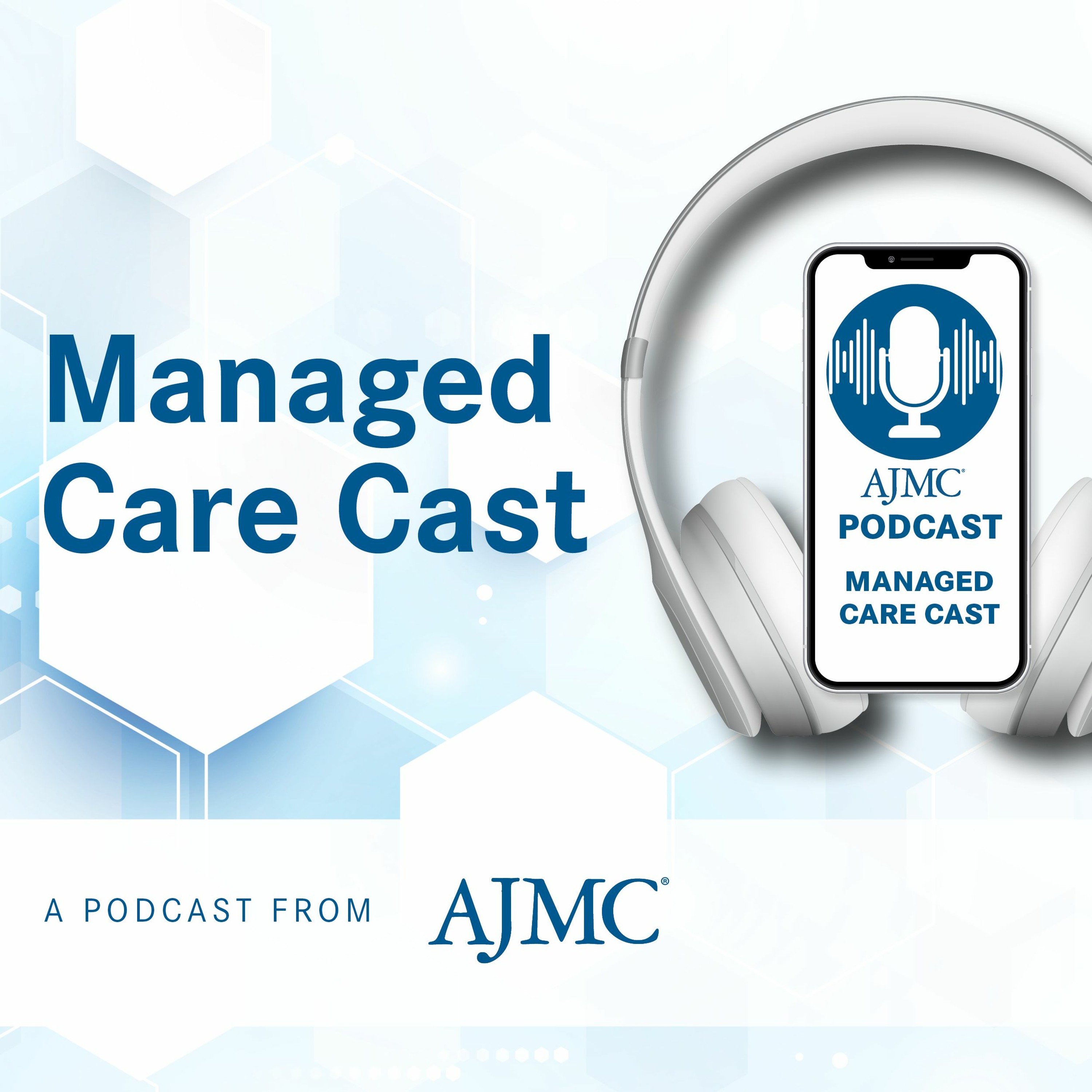

On this episode of Managed Care Cast, we're talking with the University of Minnesota School of Public Health's Hannah Neprash, PhD; John Mulcahy, a PhD candidate; and Ezra Golberstein, PhD, the authors of a study published in the March 2024 issue of The American Journal of Managed Care®. Their study, "The Extent and Growth of Prior Authorization in Medicare Advantage," discusses how the service-, area-, and carrier-level patterns they identified suggest variation in how Medicare Advantage plans use prior authorization.


On this episode of Managed Care Cast, we're talking with J. Nwando Olayiwola, MD, MPH; Candy Magaña, MPA; and Bereket Kindo, PhD, the lead author, research and project lead, and data scientist of a study published in the February 2024 issue of The American Journal of Managed Care. Their study, "Screening for Health Literacy, Social Determinants, and Discrimination in Health Plans," provides insight on the experiences of patients in a national health plan with 2 structural determinants of health and how those interact with social determinants of health and patient demographics.
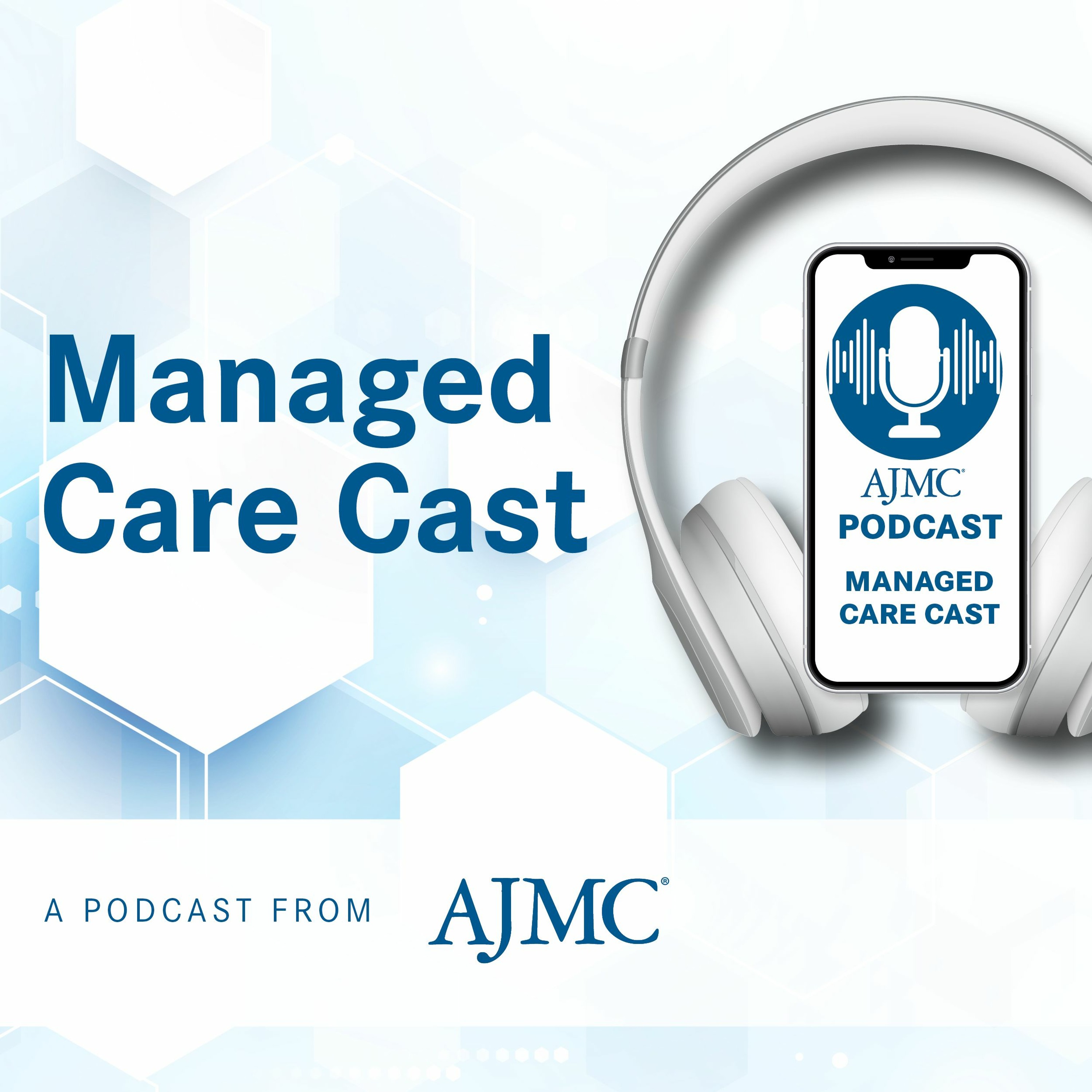

In the wake of the 2023 American Society of Hematology Annual Meeting and Exposition, Raymond Thertulien, MD, PhD, of Novant Health, and Joseph Mikhael, MD, MEd, FRCPC, FACP, chief medical officer of the International Myeloma Foundation, discussed health equity research highlights from the meeting and drivers of racial disparities in multiple myeloma outcomes.


The editors in chief of The American Journal of Managed Care® discuss the managed care developments of 2023 and anticipate trends on the horizon.
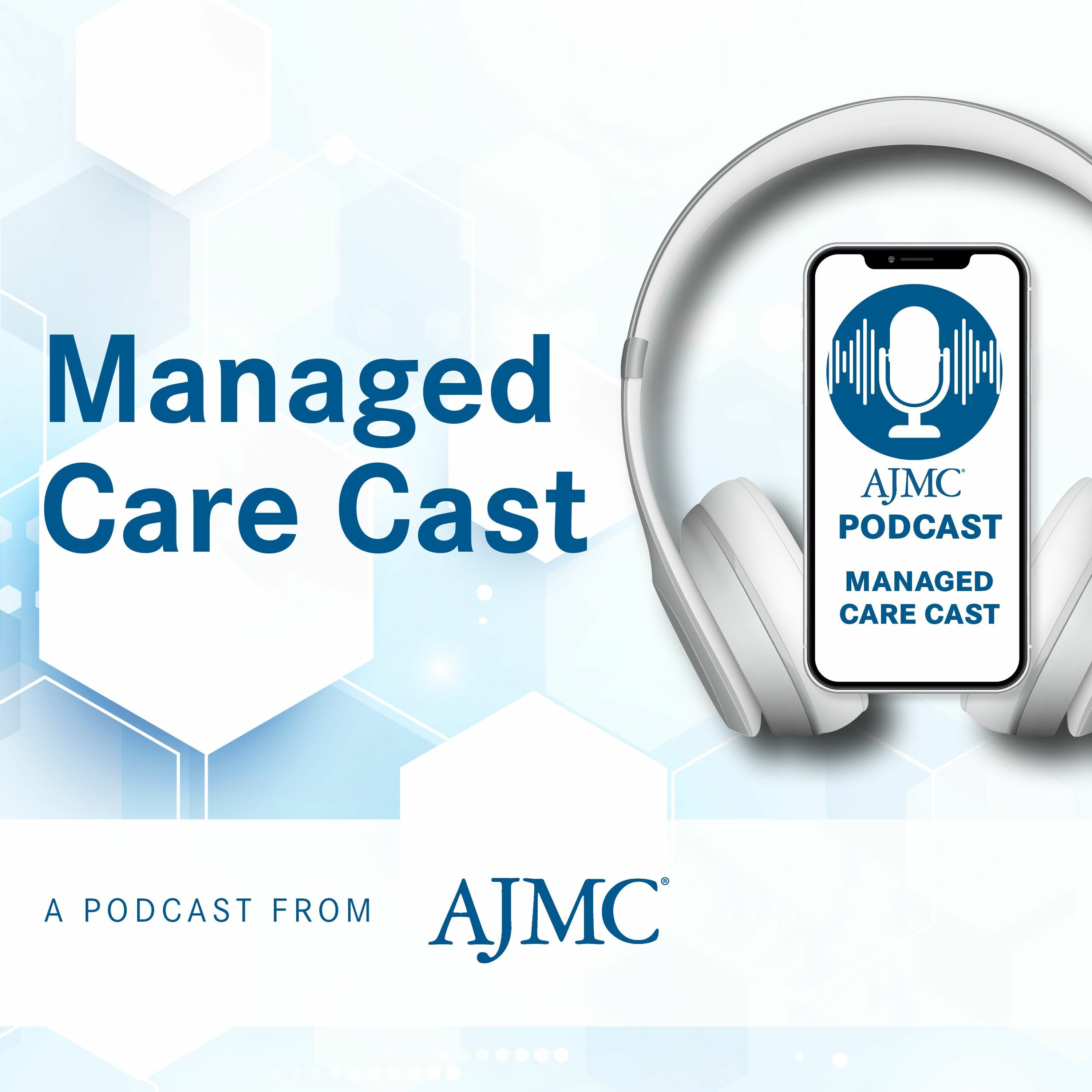

At the end of 2022, adagrasib received its first FDA approval for the treatment of adults with KRAS G12C-mutated locally advanced or metastatic non–small cell lung cancer. Research is ongoing into adagrasib, a KRAS G12C inhibitor, for other tumors. In today’s episode, we're joined by Jun Gong, MD, associate professor of medicine and the medical director of colorectal cancer in the Division of Medical Oncology at Cedars-Sinai Medical Center. During this interview, he discusses the mechanism of adagrasib, what other diseases it is being studied in, the latest data on adagrasib in colorectal cancer, and the importance of conducting genomic testing.
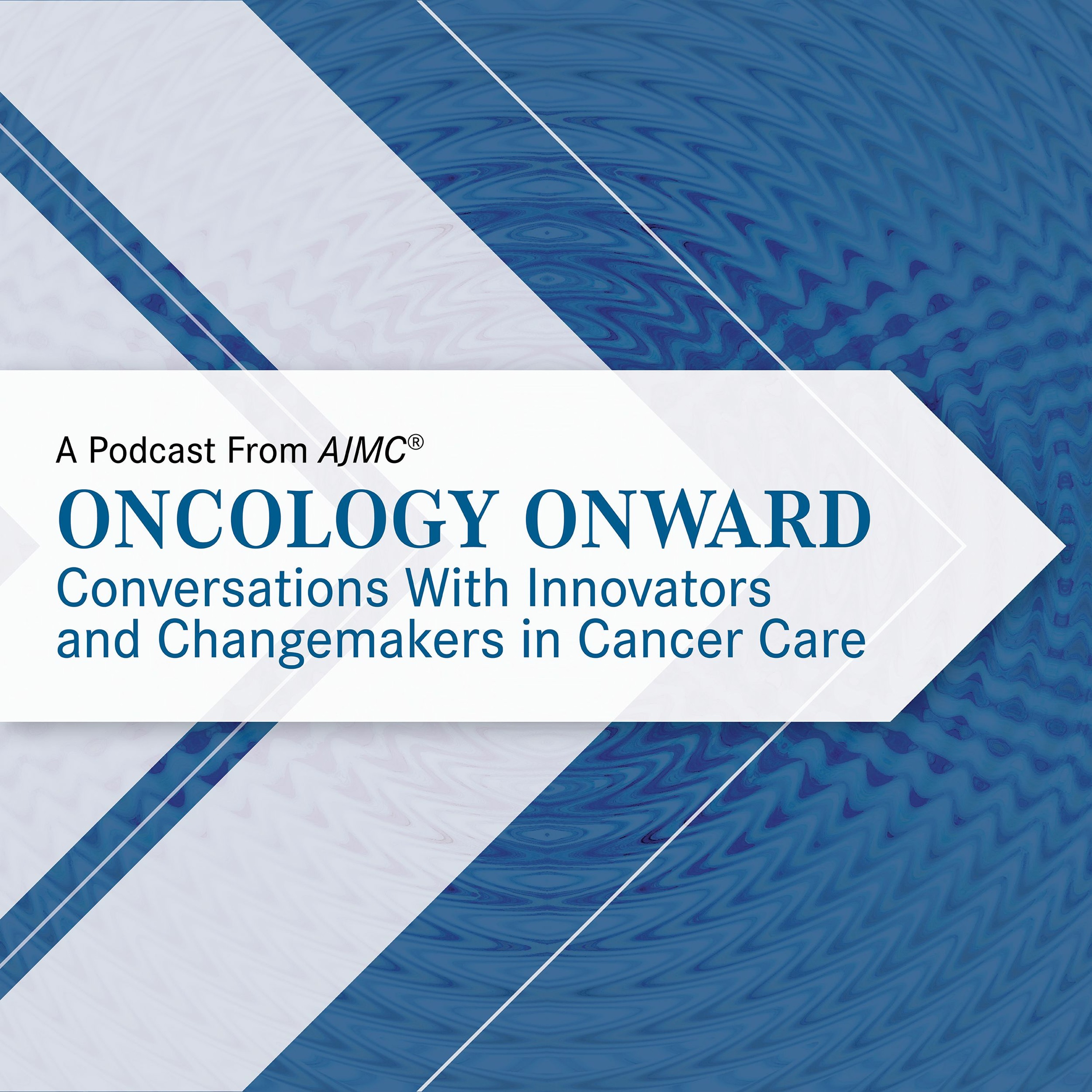

Justin Bekelman, MD, director of the Penn Center for Cancer Care Innovation, sat with our hosts Emeline Aviki, MD, MBA, and Stephen Schleicher, MD, MBA, for our final episode of 2023 to discuss the importance of collaboration between academic medicine and community oncology and testing innovative cancer care delivery in these settings.


Today, we bring you a podcast featuring insights from Blue Cross and Blue Shield of North Carolina. Sonny Goyal, chief strategy officer at Blue Cross NC, discusses some top priorities, as well as the insurer’s multiple investments in primary care and the workforce to improve value-based care.


Today we are bringing you a conversation between 3 experts on precision medicine in non–small cell lung cancer (NSCLC). Martin Socinski, MD, executive director of the AdventHealth Cancer Institute, spoke with Martin Dietrich, MD, PhD, medical oncologist of Florida Cancer Specialists and Research Institute, and Joshua Sabari, MD, medical oncologist with NYU Langone Health Perlmutter Cancer Center and assistant progessor in the Department of Medicine at NYU Grossman School of Medicine. The topics of conversation for today’s podcast include how precision medicine in NSCLC for patients with driver mutations, current immunotherapies for patients lacking driver mutations, and more.


Today we are bringing you part 2 of a 2-part podcast series on opportunities for biosimilars, specifically adalimumab biosimilars, in dermatology, gastroenterology, and rheumatology. The discussion was moderated by Ryan Haumschild, PharmD, director of Pharmacy Services at Emory Healthcare and Winship Cancer Institute. The topics of conversation for today’s podcast include implementation of biosimilars in patients with no history of reference biologic use, insights on switching patients from the reference to the biosimilar, auto-substitution, impact of biosimilar utilization on payers and pharmacy benefit managers, and more.


Today we are bringing you part 1 of a 2-part podcast series on opportunities for biosimilars, specifically adalimumab biosimilars, in dermatology, gastroenterology, and rheumatology. The discussion was moderated by Ryan Haumschild, PharmD, director of Pharmacy Services at Emory Healthcare and Winship Cancer Institute. The topics of conversation for today’s podcast include the provider and payer considerations for transitioning patients to biosimliars, challenges associated with biosimilars, approaches to prescribing biosimilars over reference products, and more.


On this episode of Managed Care Cast, Emily Goldberg, MS, CGC, genetic counselor at JScreen, breaks down how genetic screening for breast cancer works and why it is so important to increase awareness and education around these screening tools available to patients who may be at risk for cancer.


Lucio Gordan, MD, president and managing physician of Florida Cancer Specialists & Research Institute, discusses recently updated clinical guidelines from the National Comprehensive Cancer Network (NCCN) in multiple myeloma, which specifically discuss disease staging and risk stratification and advise clinicians on how to address 1q abnormalities.


A biomedical engineer by education, Shah spent the first 5 years of his professional career as practice administrator and business manager at Gettysburg Cancer Center, working with his father, a community oncologist. From there, he moved to Flatiron Health and in July of 2017, helped to found OneOncology. Thyme Care was founded in July of 2020, and in August of this year announced a successful $60 million Series B round of investment capital. Also an angel investor, this entrepreneur in oncology care innovation has been guided by a patient-first mentality and the principal goal of positively changing how patients experience the cancer care system.
On this episode of Managed Care Cast, we speak with the senior author of a study published in the September 2023 issue of The American Journal of Managed Care® on the importance of adequate and effective lung cancer risk factor documentation to determine a patient's eligibility for screening. Farhood Farjah, MD, MPH, FACS, is thoracic surgeon at the University of Washington, and a senior investigator of the study, “Factors Associated With Lung Cancer Risk Factor Documentation.”


In part 2 of this 2-part podcast, a panel of experts discusses challenges with biosimilar uptake, interchangeability studies, patient and provider education.
Florida Cancer Specialists & Research Institute's (FCS') Nathan Walcker, chief executive office at FCS, discusses some key strategic practices and initiatives in providing high quality community-based oncology care he has implemented at FCS.
In part 1 of this 2-part podcast, a panel of experts discusses the clinical manifestations of inflammatory diseases and the potential for biosimilars to treat these diseases.
At this year’s American Society for Preventive Cardiology’s Congress on CVD Prevention, Emelia J. Benjamin, MD, ScM, delivered the Honorary Fellow Award Lecture, “The Imperative to Focus on the Prevention of Atrial Fibrillation,” as the recipient of this year’s Honorary Fellow of the American Society for Preventive Cardiology award—having received the honor for her extraordinary contributions to the field of preventive cardiology. She stopped by to talk with AJMC while in Arlington, Texas, and our conversation covered everything from just what AFib is to risk factors and prevention strategies to connections between AFib and noncardiovascular health conditions to long-term data on stroke.
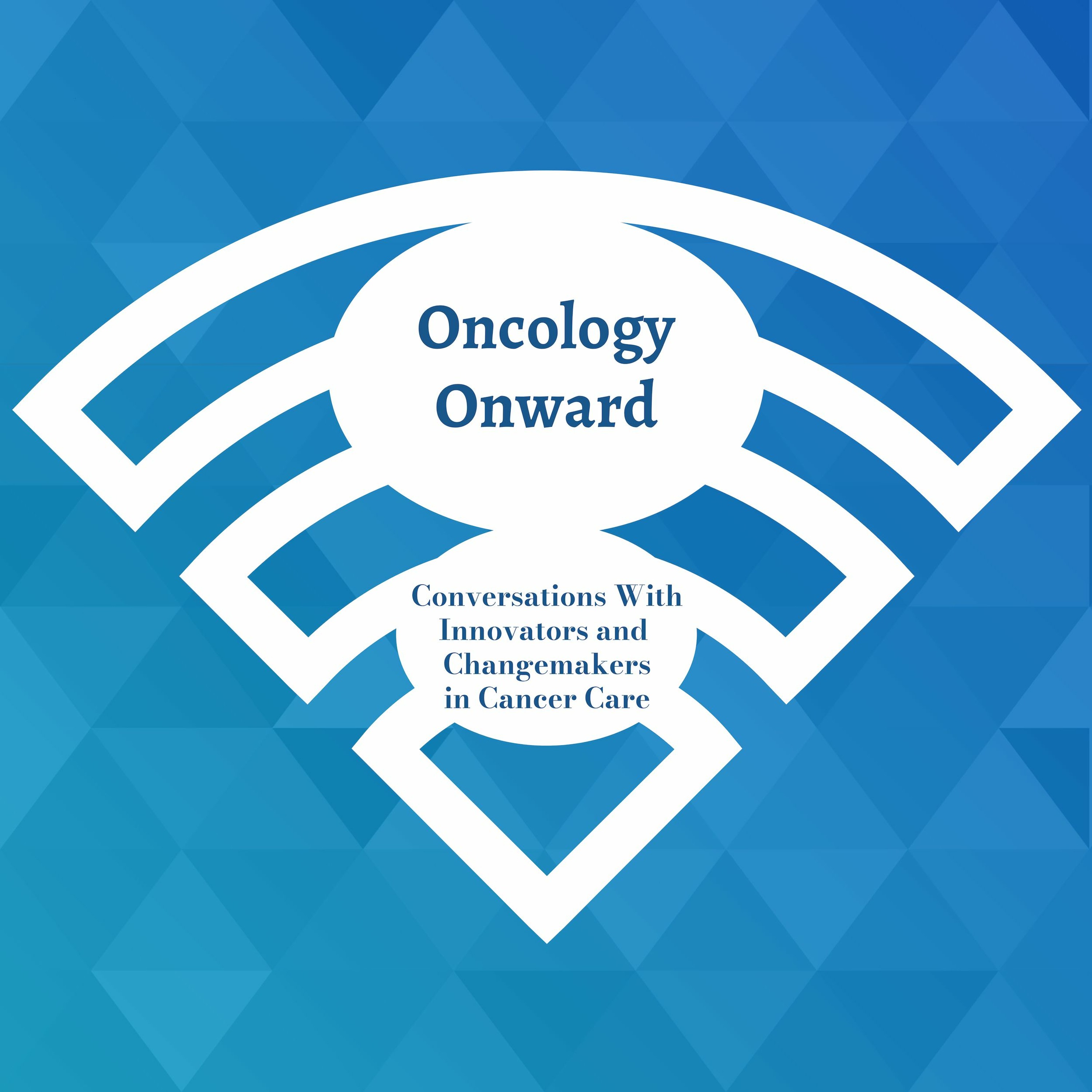

Jeff Patton, MD, CEO and board member of OneOncology and executive chairman of Tennessee Oncology, joins hosts Emeline Aviki, MB, MBA, of NYU Langone Perlmutter Cancer Center, and Stephen Schleicher, MD, MBA, ofTennessee Oncology, for our third episode. Patton, also chairman of the Community Oncology Alliance and a board-certified hematologist and oncologist, highlights of the origins of OneOncology that it was created to protect community oncology, to give other states and communities the opportunity to stay independent in light of large hospital systems, if they wanted to. He also discusses the importance of community clinical trial accrual and of keeping oncological services within the community and not handing them over to large hospital systems, therby driving up the cost of care.
On this episode of Managed Care Cast, we speak with the lead researcher from a study published in the May 2023 issue of The American Journal of Managed Care® about the impact of low-income subsidies on the uptake and equitable use of expensive orally administered antimyeloma therapy. Shelley Jazowski, PhD, MPH, is a postdoctoral fellow at Vanderbilt University School of Medicine and lead researcher on “Association Between Low-Income Subsidies and Inequities in Orally Administered Antimyeloma Therapy Use." The authors compared the initiation of and adherence to orally administered antimyeloma therapy between enrollees receiving and not receiving the Medicare Part D low-income subsidy, and examined the association between these subsidies and racial and ethnic barriers to the use of these drugs.
On this episode of Managed Care Cast, we speak with the lead researcher from a study published in the June 2023 issue of The American Journal of Managed Care® about how employers and their employees are utilizing direct-to-consumer (DTC) telehealth to reduce the cost of care. Krisda Chaiyachati, MD, MPH, is a general internist, primary care physician, and adjunct assistant professor of medicine at the University of Pennsylvania Health System, and the lead author of the study, “Economics of a Health System’s Direct-to-Consumer Telemedicine for Its Employees."
On this episode of Managed Care Cast, Kathy Leyden, vice president of community engagement at Capital District Physicians' Health Plan (CDPHP), discusses key initiatives and areas of focus to address hunger and food insecurity issues across Upstate New York.


On this episode of Oncology Onward, Dr. Debra Patt, executive vice president of policy and strategic initiatives and director of public policy at Texas Oncology joins cohosts Dr Emeline Aviki and Dr Stephen Schleicher for a jam-packed discussion that touches on topics that have never been more timely in the oncology space: the economics behind the current drug shortage, the relationship between pharmacy benefits managers and 340B discounts, and the Inflation Reduction Act.
On this episode of Managed Care Cast, we speak with the lead researcher from a study published in the July 2023 issue of The American Journal of Managed Care® on whether social determinants of health is a predictor for identifying high-cost utilizers among those with commercial health insurance.


On this episode of Managed Care Cast, we’re talking with 2 individuals who were essential in the creation and implementation of the Health Access Initiative for Recovery (HAIR) initiative, launched by Community Care Behavioral Health Organization of Pittsburgh, PA.
On this episode of Managed Care Cast, we feature several leaders in diversity, equity, and inclusion advancing health equity in their respective organization’s policy and practice initiatives.
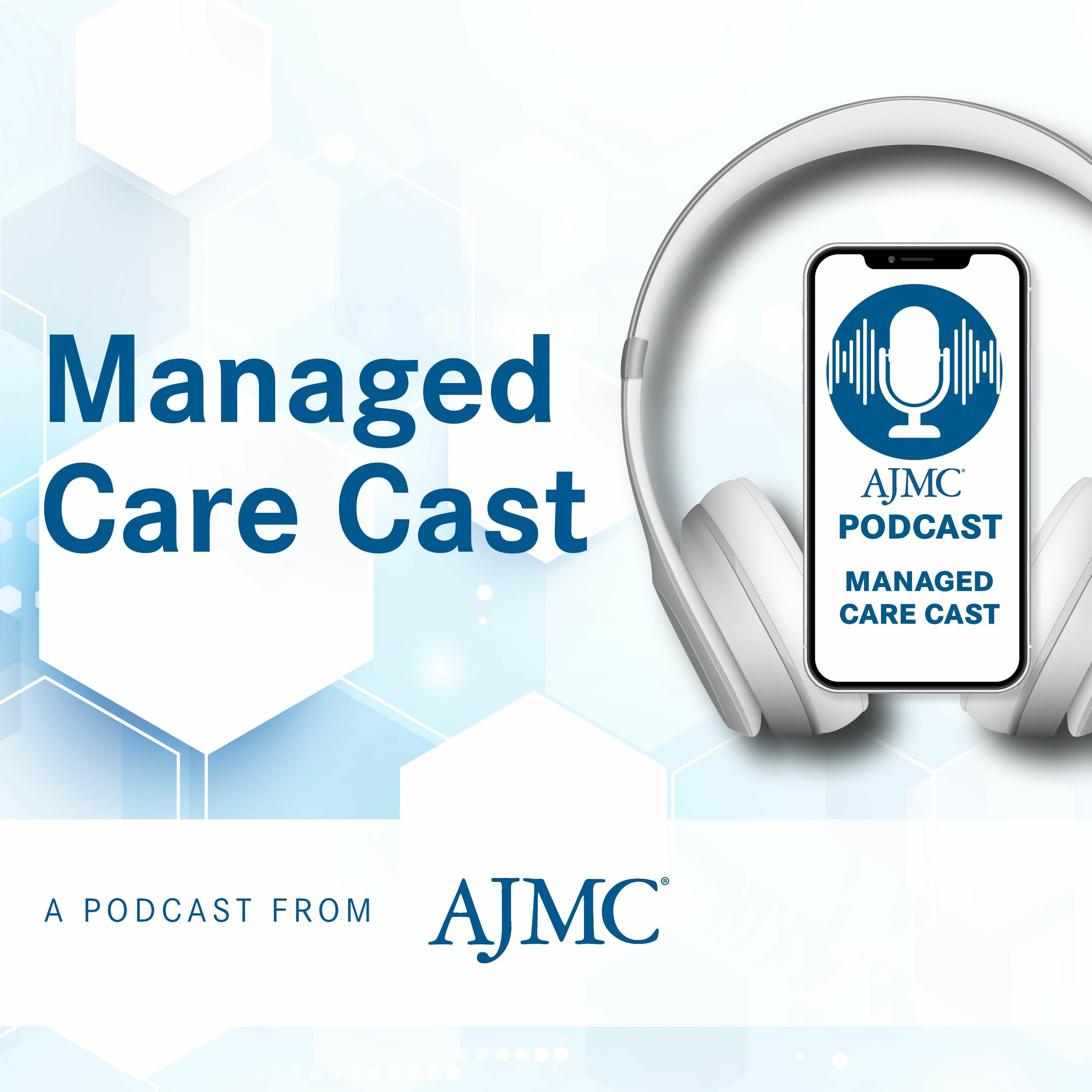

In part 2 of this 2-part series on health equity in the treatment of psoriasis, Ryan Haumschild, PharmD, and Bryan Buckley, DrPH, discuss how providers can address disparities in psoriasis care, specifically with race, cultural, and ethnic backgrounds in mind.


On this episode of Managed Care Cast, we speak with Bruce W. Sherman, MD, of Case Western Reserve University School of Medicine, about a recent study on wage-level disparities effecting the utilization of mental health resources, for which he was lead investigator; the study articles appear in the April issue of The American Journal of Managed Care®.
On this episode of Managed Care Cast, we feature several leaders in diversity, equity, and inclusion advancing health equity in their respective organization’s policy and practice initiatives.


Shereef Elnahal, MD, MBA, under secretary for health at the Veterans Health Administration, sat for a conversation with our hosts Emeline Aviki, MD, MBA, and Stephen Schleicher, MD, MBA, that covered the cancer footprint of the VHA, from work within the newly reinvigorated Cancer Moonshot program and screening for vulnerable communities to the Million Veterans Program, the largest genomic database of its kind in the country and of Black Americans, including information on more than 150,000 Black veterans.